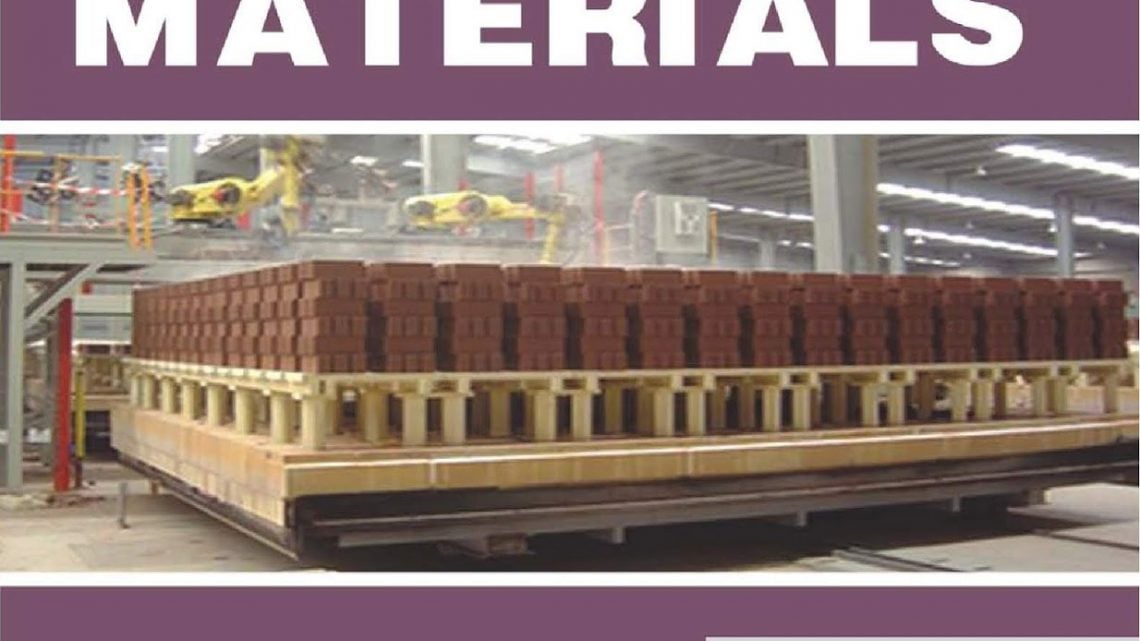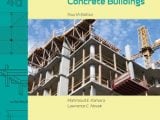
Building Materials, Third Edition
5 July 2018Building Materials, Third Edition – S. K. Duggal
The book is considerably modified version of the 2000 edition. In third edition of the book
extensive revisions have been made. New materials have been introduced due to the advances
in the technology and progress in industry. The information presented includes characteristics
of the materials in regards to their physical and mechanical properties with emphasis on their
strength and durability qualities. The material presented can be supplemented by the information
from I.S. Codes and various product manufacturers.
This edition embodies material changes in the chapters dealing with Cement, Concrete,
Lime and many others. Testing procedures of the materials have been updated for most of the
materials as some of the codes have been revised. Especially, in chapter 3 on Rocks and Stones
the section on testing of Stones has been completely rewritten.
Chapter 8 on Lime has been completely rewritten to make it more reader friendly. Logical
changes in chapter 5 on Cement, chapter 10 on Concrete and chapter 20 on Special Cements
and Cement Concretes have been made. Admixtures for concrete have been placed in chapter
10 and section on Pointing has been removed from chapter 12 on Building Mortars. Many
newer and upcoming more important concretes such as Self compacting Concrete, Bacterial
Concrete have been introduced in chapter 20 on special Cements and Cement Concrete.
Numerous revision of data and substitutions in description have been made not only in these
chapters but in other chapters also. Smart materials and composite materials have been
introduced in chapter 21 on Miscellaneous Materials.
The author will be grateful to the readers for their comments and suggestions for further
improvement of the book.
Building materials have an important role to play in this modern age of technology. Although
their most important use is in construction activities, no field of engineering is conceivable
without their use. Also, the building materials industry is an important contributor in our
national economy as its output governs both the rate and the quality of construction work.
There are certain general factors which affect the choice of materials for a particular scheme.
Perhaps the most important of these is the climatic background.
Obviously, different materials
and forms of construction have developed in different parts of the world as a result of climatic
differences. Another factor is the economic aspect of the choice of materials. The rapid advance
of constructional methods, the increasing introduction of mechanical tools and plants, and
changes in the organisation of the building industry may appreciably influence the choice of
materials.
- Principal Properties of Building Materials
- Structural Clay Products
- Rocks and Stones
- Wood and Wood Products
- Materials for Making Concrete-I Cement
- Materials for Making Concrete-II Aggregates
- Materials for Making Concrete-III Water
- Materials for Making Concrete-IV Lime
- Puzzolanas
- Concrete
- Concrete Mix Design
- Building Mortars
- Ferrous Metals
- Non-Ferrous Metals
- Ceramic Materials
- Polymeric Materials
- Paints, Enamels and Varnishes
- Tar, Bitumen and Asphalt
- Special Cements and Cement Concretes
Download Link








